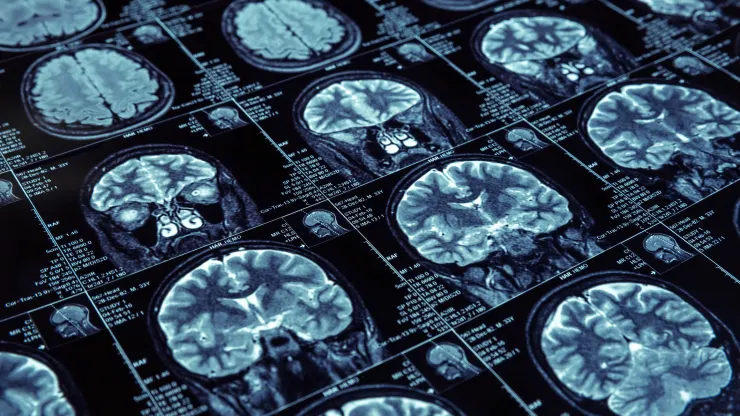As the tech industry rapidly advances, the ability to capture and analyze brain wave data through gadgets is no longer science fiction. These devices, initially introduced for health and wellness, are beginning to play a role in various sectors, from gaming to workplace productivity. However, as these technologies gain popularity, a new concern has emerged: the protection of our most intimate data—our thoughts.

The Rise of Neurotechnology
Neurotechnology, once confined to clinical settings, is now entering mainstream consumer markets. Devices capable of reading brain activity are being marketed to improve mental health, enhance focus, or even control devices with just a thought.
This shift is leading to the collection of unprecedented amounts of personal data, raising alarms among privacy advocates.
The data derived from brain activity is profoundly personal, often revealing insights into an individual’s emotional state, cognitive patterns, and even unconscious thoughts.
With this, a wave of biological privacy concerns is emerging. Traditional data privacy laws, focused on information like social security numbers or financial records, may not be equipped to handle the complexities of brain data.
The Push for New Privacy Legislation
As the implications of neurotechnology become clearer, there’s growing momentum for new privacy laws that specifically address biological data. These laws would aim to protect consumers from unauthorized use or exploitation of their brain wave data, similar to how medical data is currently protected under HIPAA in the United States.
However, crafting such legislation is no simple task. Lawmakers must balance the need for innovation with the protection of individual rights.
The challenge lies in defining what constitutes brain data, determining how it can be used, and setting boundaries on who has access to this information.
Several advocacy groups are already pushing for regulations that require companies to obtain explicit consent before collecting brain data.
They argue that without such safeguards, there is a risk that this data could be used for manipulation or control, especially in contexts like advertising or employment.
Global Responses and Regulatory Challenges
The issue of brain data privacy is not confined to one country. Globally, different regions are grappling with how to address the rise of neurotechnology. In Europe, the General Data Protection Regulation (GDPR) provides a robust framework for data protection, but it may still need amendments to cover the nuances of brain wave data.
Meanwhile, in the United States, the conversation around brain data privacy is gaining traction, but comprehensive legislation has yet to be enacted.
Countries like Japan and South Korea, known for their technological advancements, are also exploring how to regulate this emerging field. The challenge for regulators worldwide is to create laws that protect consumers without stifling technological innovation.
The Role of Companies and Ethical Considerations
As regulators deliberate on new laws, companies developing neurotechnology have a crucial role to play in ensuring ethical use of brain data.
Transparency and informed consent should be at the forefront of their data collection practices. Furthermore, companies need to establish clear guidelines on data retention and sharing, ensuring that consumers are aware of how their brain data is being used.
The ethical implications of brain data collection extend beyond privacy. There’s a growing debate about the potential for such data to be used in ways that could infringe on personal freedoms.
For example, in the workplace, employers could use brain wave data to monitor employee productivity or detect stress levels, leading to concerns about surveillance and autonomy.
The Future of Brain Data Privacy
As neurotechnology continues to evolve, the conversation around brain data privacy will only intensify. Consumers, lawmakers, and companies must work together to establish a framework that protects individual rights while allowing technological advancements to flourish.
The wave of biological privacy laws that may soon emerge will set the stage for how brain data is handled in the future. These laws will need to be flexible enough to adapt to the rapid pace of technological change, yet robust enough to protect individuals from potential abuses.
In conclusion, as tech gadgets begin to capture our brain waves, the need for comprehensive privacy laws is more critical than ever. The next few years will be pivotal in determining how society balances innovation with the protection of our most personal data—our thoughts.
For more insights into the latest tech trends and privacy issues, visit Digital Digest.




